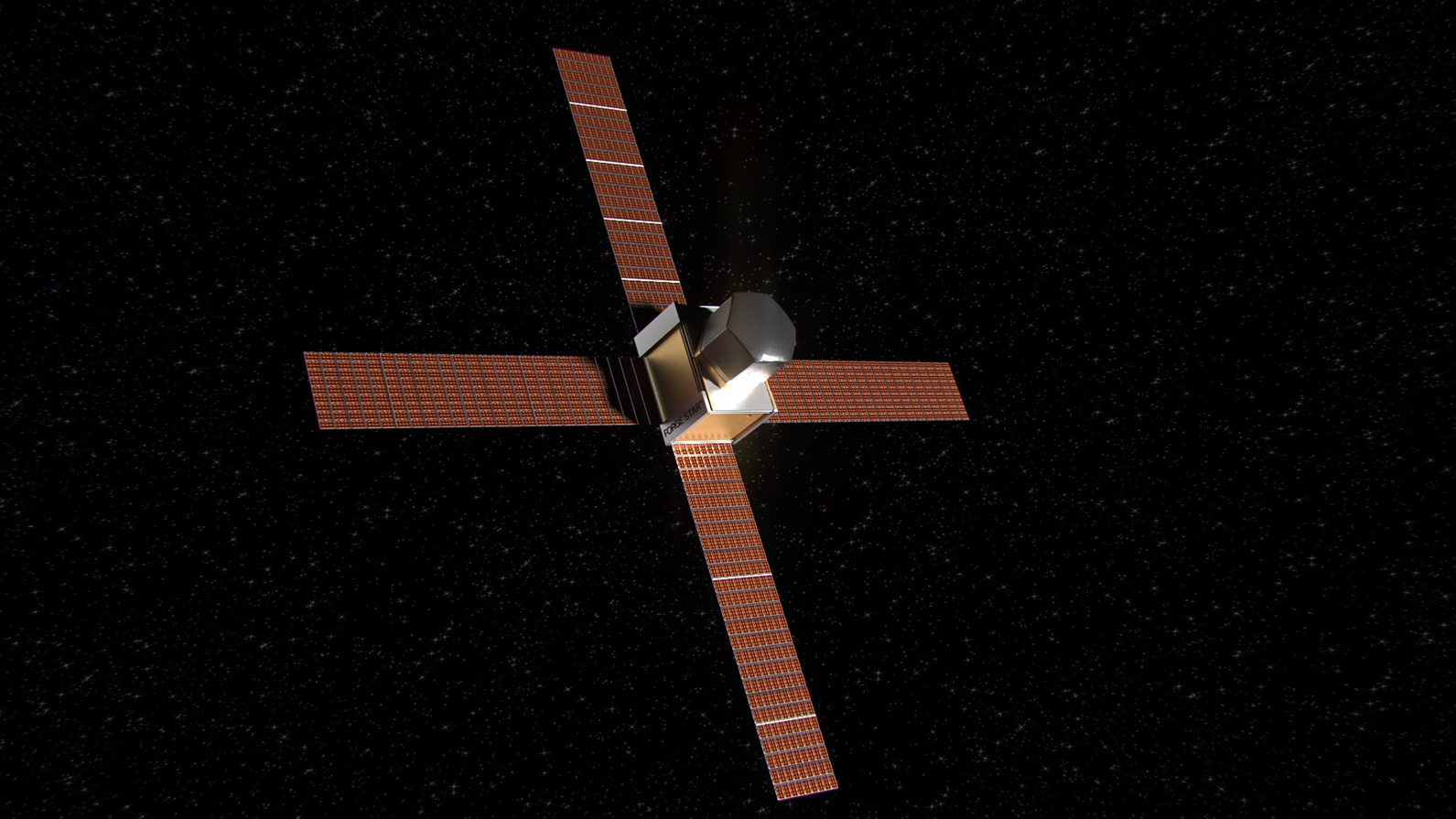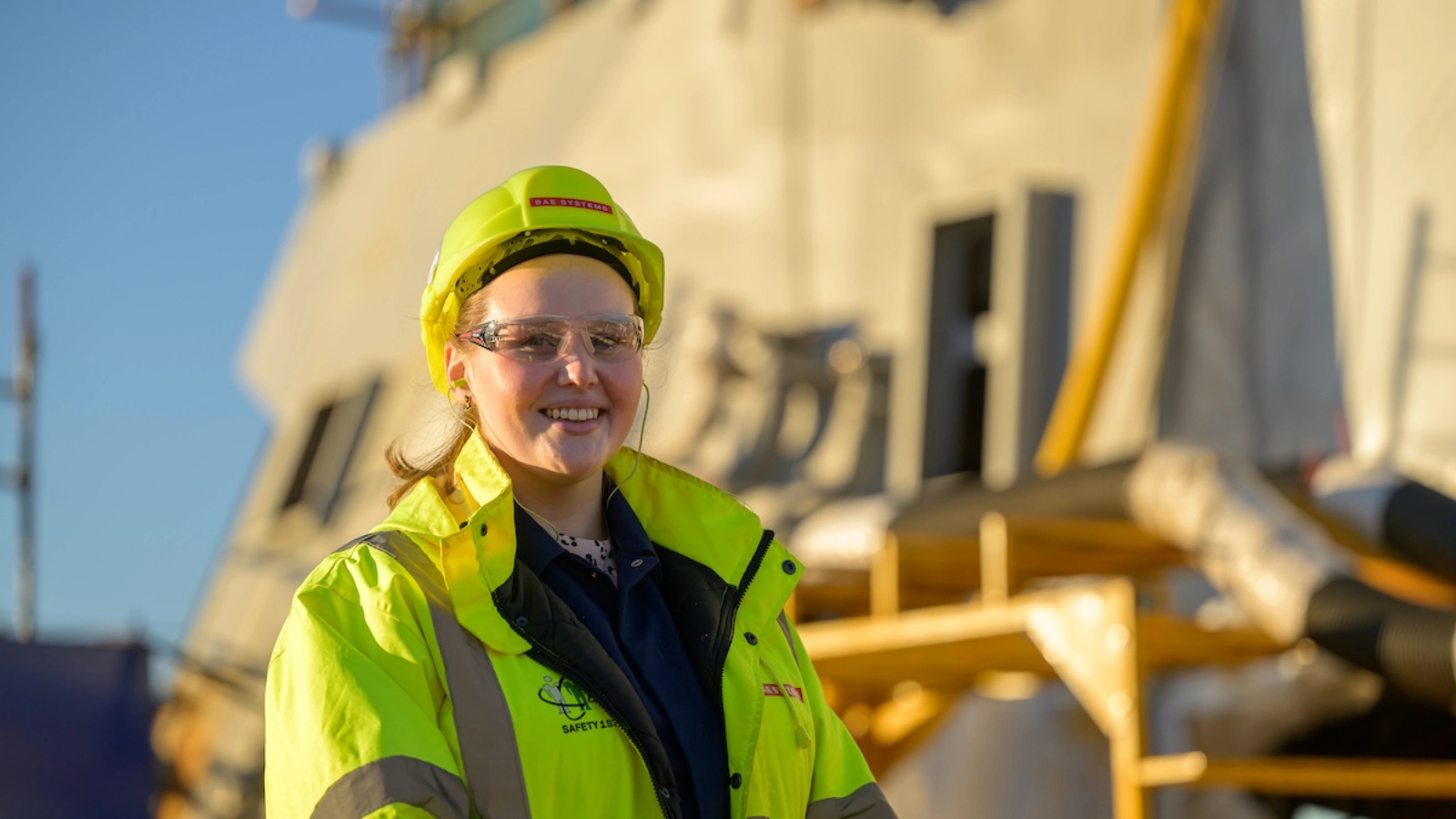Pulsar Fusion tests new plasma spaceship engine
Image courtesy Pulsar Fusion
The breakthrough could give Britain an edge in the space sector and it is thought it could lead to the creation of many new high-tech jobs.
The successful test of a space engine fuelled by Xenon and Krypton gas, means satellites can become much larger as the new engines are designed to fire and propel in the vacuum of space.
It is hoped the launch of bigger satellites will help to significantly improve space mining, exploration and communication.
As global launch services such as SpaceX continue to expand their capabilities, orbital payloads are expected to increase and there is a growing demand for larger, more powerful ‘in–space propulsion’ systems.
The challenge for scientists is that a large vacuum chamber is required to test bigger engines such as the one demonstrated in Southampton.
The new engine is 10 times larger than conventional engines of its kind. Pulsar conducted the test at the University of Southampton on 29th January with partial funding from the UK Space Agency.
The Pulsar team believe this technology puts the UK at the forefront of space technology and advancements.
Head of Operations & Pulsar Fusion, Dr James Lambert explained: “Launch companies such as SpaceX continue to place their client’s satellites into orbit, but once a satellite is released from the rocket, it is on its own and requires a dedicated propulsion system to navigate into its correct orbit and stay there.
“These engines are very different to the fiery rockets that are used in launches. They have to work reliably in the vacuum of space and remain in operation for many years.
“Satellites are getting bigger and therefore they need bigger engines. The problem is that due to the fact that scientists need to be able to test and qualify these extremely complex, super hot plasma firing thrusters on Earth, and they can only be tested in a very high vacuum and operate at several million degrees.
“There are very few companies able to manufacture and properly test such engines. The UK has key scientific talent specialising in this plasma technology. Pulsar supported the Space Agency, has an outstanding track record in this kind of work”.
Pulsar Founder - Richard Dinan added: “This opens up an important business opportunity for Pulsar and the UK. We have been in conversations with global satellite manufacturers who have been keenly monitoring our progress.
“When it comes to plasma physics, Britain is very much still a centre for excellence and must fight to remain so. We are delighted with this result and this technology should keep our scientists employed for many years to come.”
















